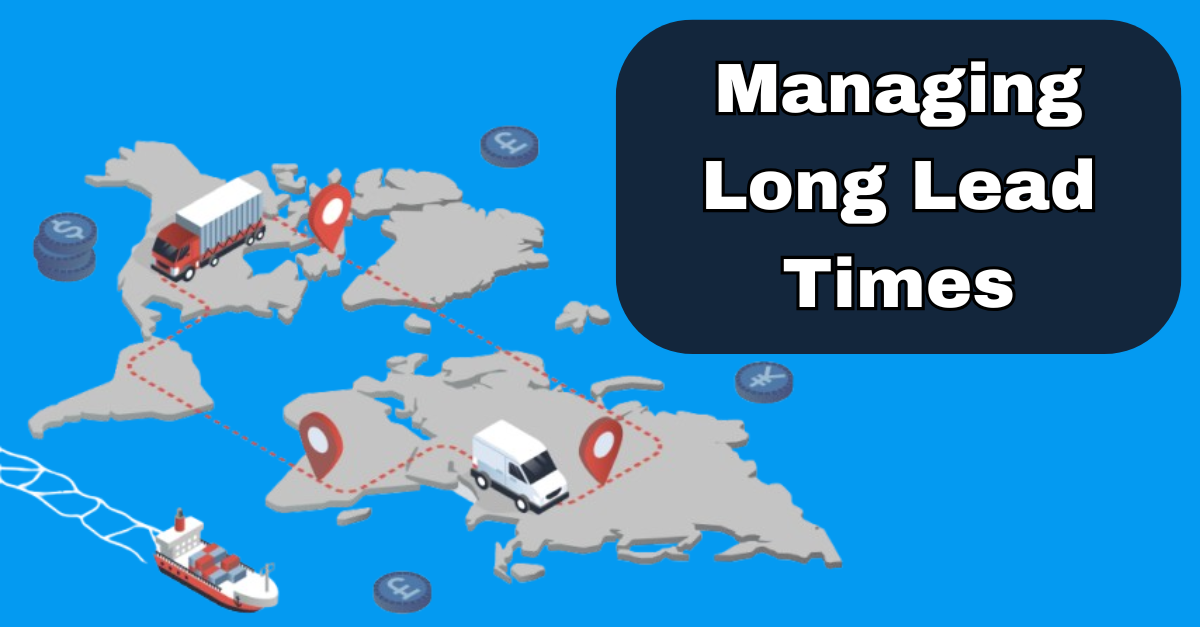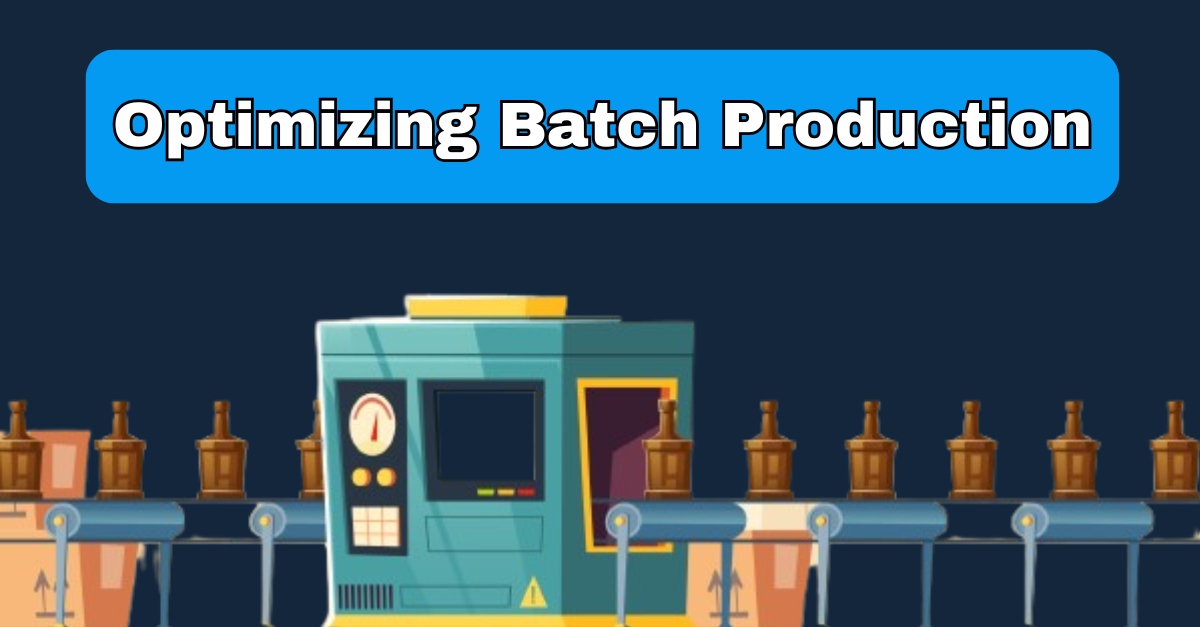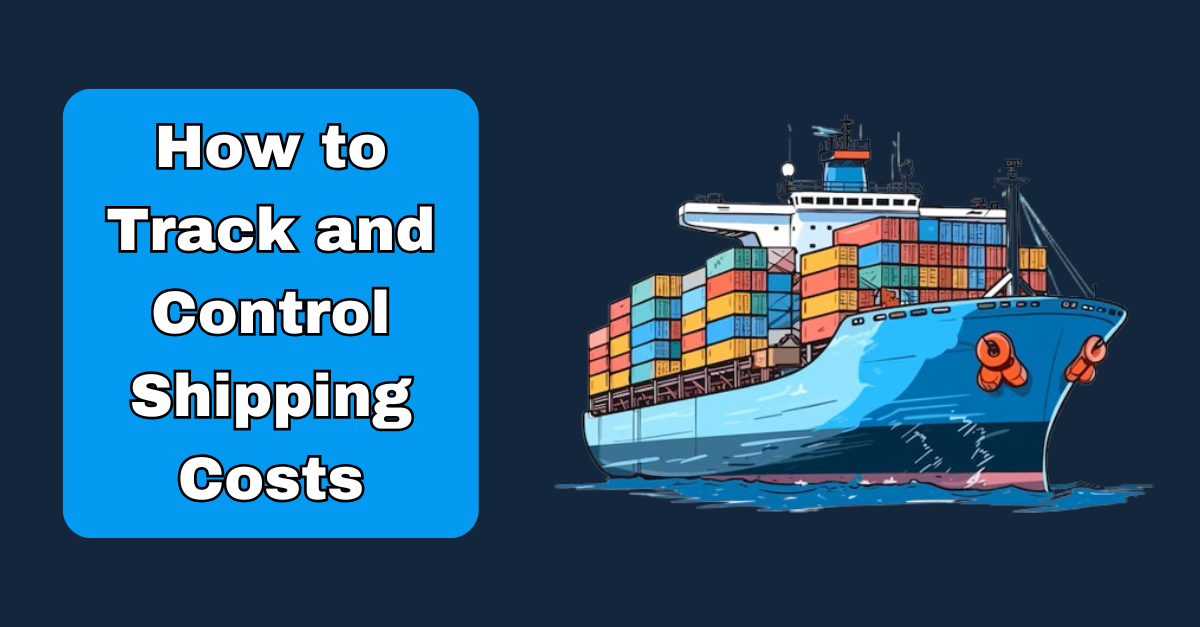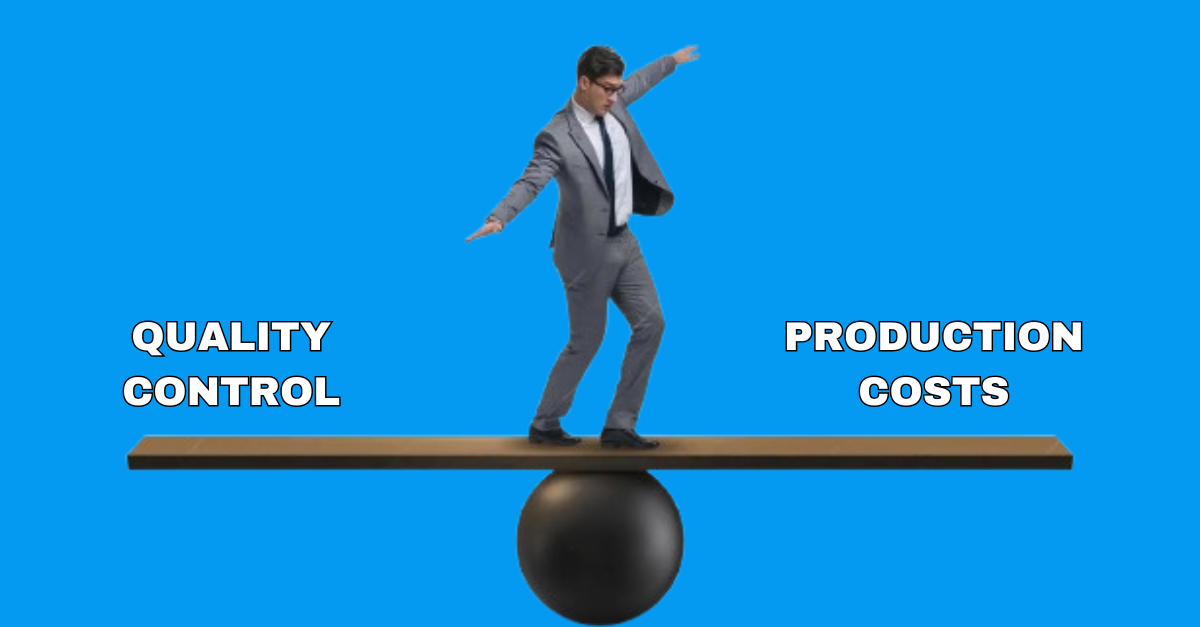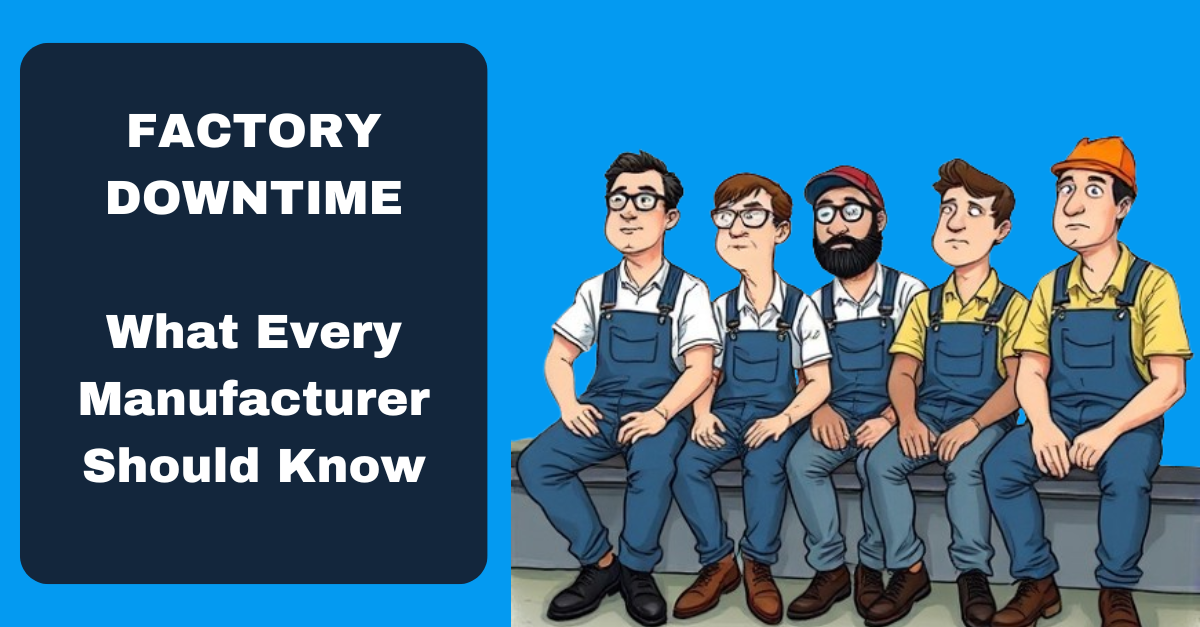Recent News:
Rice export ban - India's recent ban on rice exports has sent global rice prices to their highest levels in nearly 15 years. With India accounting for almost 40% of global rice trade since 2020, this has raised concerns about food security for millions in Asia and Africa who rely on rice.
This situation echoes the 2008 global rice crisis, which put around 100 million people at risk, especially in sub-Saharan Africa. Export bans have a significant impact, particularly on vulnerable populations, by causing price increases and market instability.
It's important to remember that many rice consumers are on the brink of poverty. This highlights the urgent need for a thoughtful approach to global food security.
Tesla Semi-electric trucks - The electric truck industry's promise of emissions-free freight transportation has long been accompanied by concerns about factors like battery life and charging speed. A recent milestone was achieved with data released from the North American Council for Freight Efficiency's (NACFE) Run On Less program, marking the first independent real-world test of Tesla's Semi electric trucks.
PepsiCo, which acquired Tesla Semis in December 2022, participated in the test with 21 trucks operating near Sacramento, California. One standout performance involved a Tesla Semi covering 1600 miles in 48 hours, making nine deliveries, primarily at highway speeds, and while loaded. However, this required three full battery charges and two short range-extending charging stops.
Tesla's 750-kilowatt megachargers can recharge the trucks from 5% to 80% within an hour. For example, one truck took 55 minutes to charge from 18% to 80%. While this is seen as promising, it's important to note that charging times remain considerably longer than refueling a traditional diesel truck. The test demonstrates the Tesla Semi's potential in terms of range and load capacity but highlights the ongoing challenge of matching the convenience of traditional refueling for diesel trucks.
Lego’s sustainability plan - Lego has halted its effort to create bricks from recycled plastic bottles due to concerns about potentially higher carbon emissions over the product's life cycle. This decision aligns with Lego's commitment to sustainability amid global efforts to reduce emissions. In 2021, Lego began researching a shift from petroleum-based acrylonitrile butadiene styrene (ABS) to recycled polyethylene terephthalate (PET) for its bricks. However, the substantial changes required in their manufacturing process to accommodate recycled PET would have resulted in a higher carbon footprint.
Despite extensive efforts and a dedicated sustainability team of over 150 employees, Lego could not find a definitive solution, according to CEO Niels Christiansen. In summary, Lego's discontinuation of the recycled plastic bottle project underscores the complexities of achieving sustainability goals in manufacturing despite significant investments and material exploration.
News Sources
Rice export ban – SupplyChainBrain


